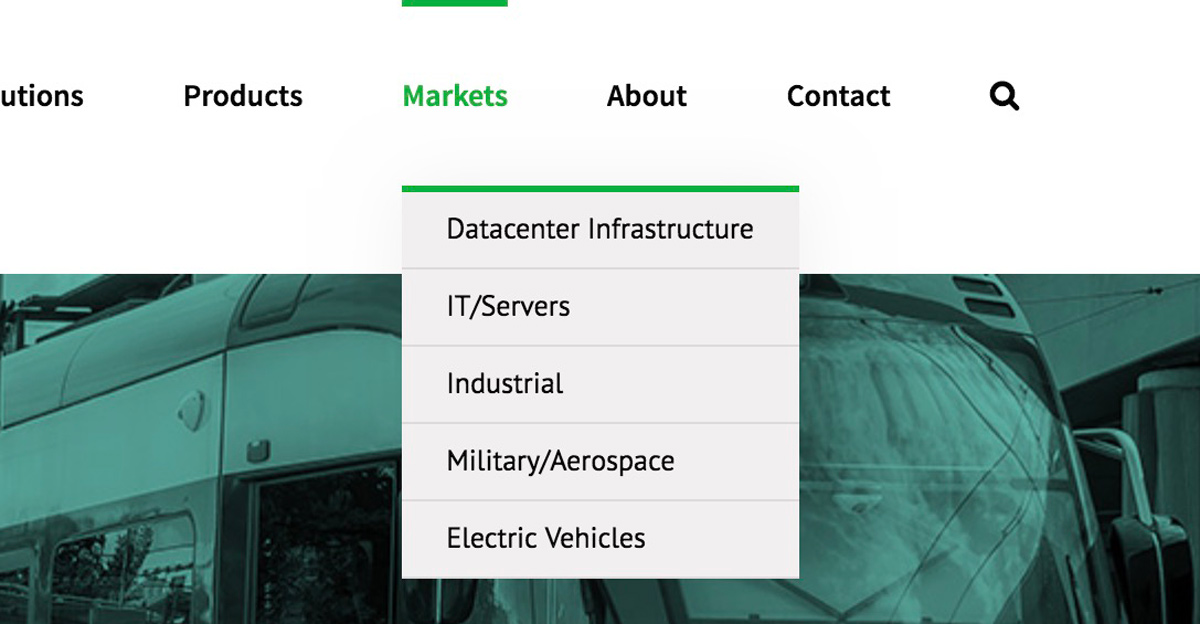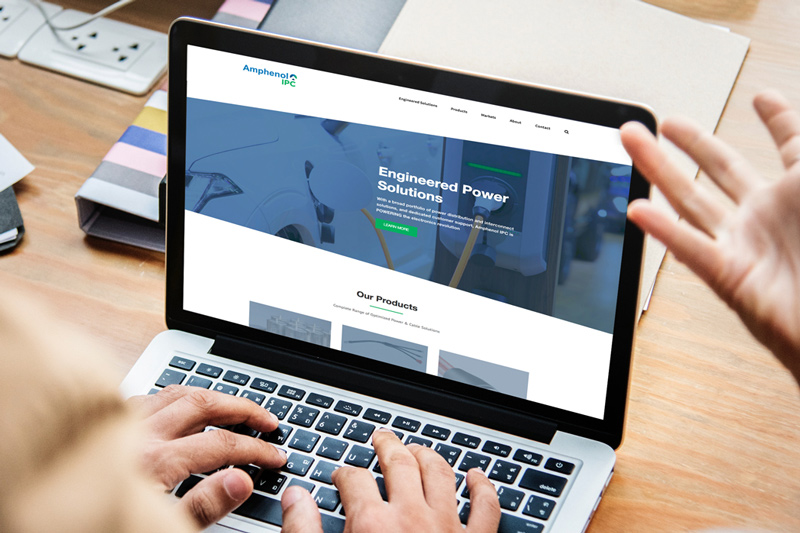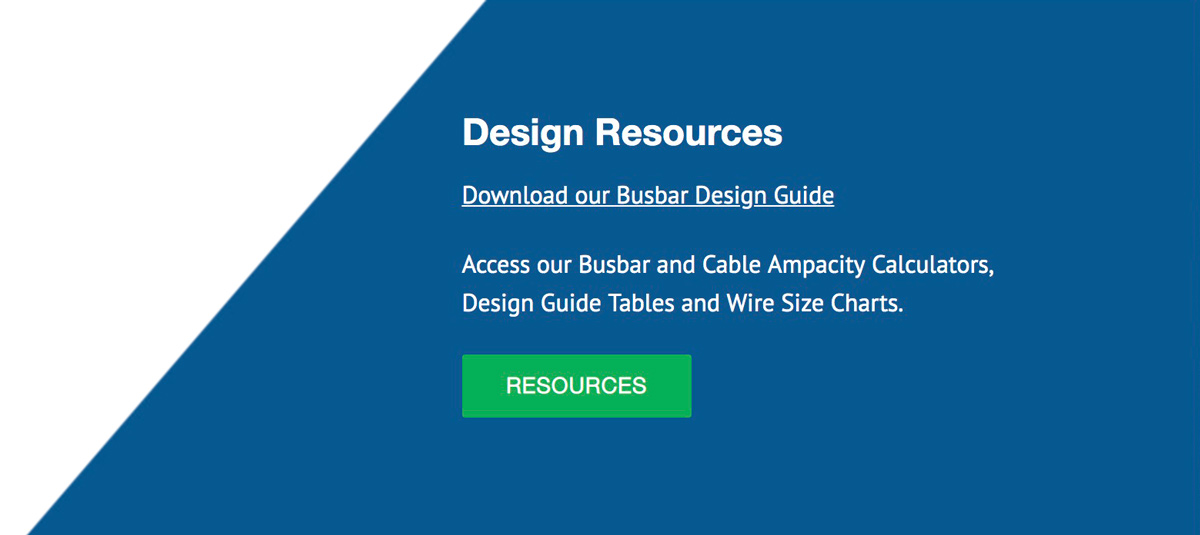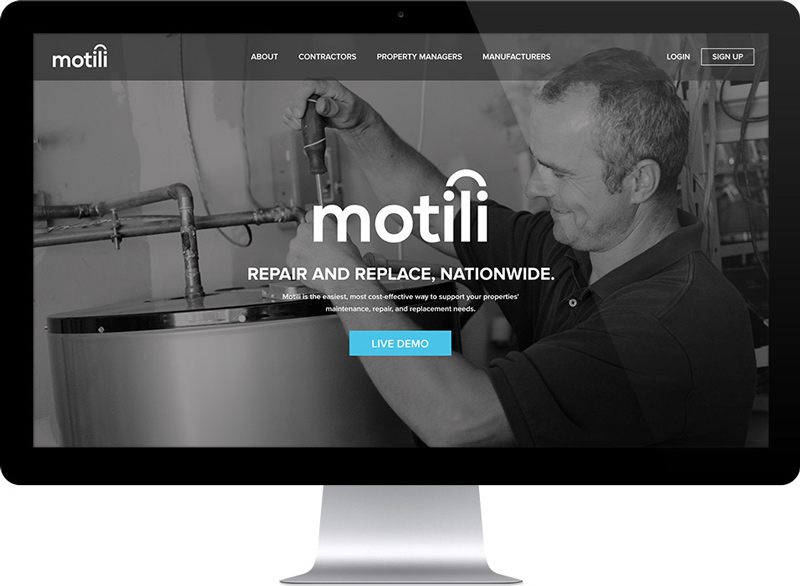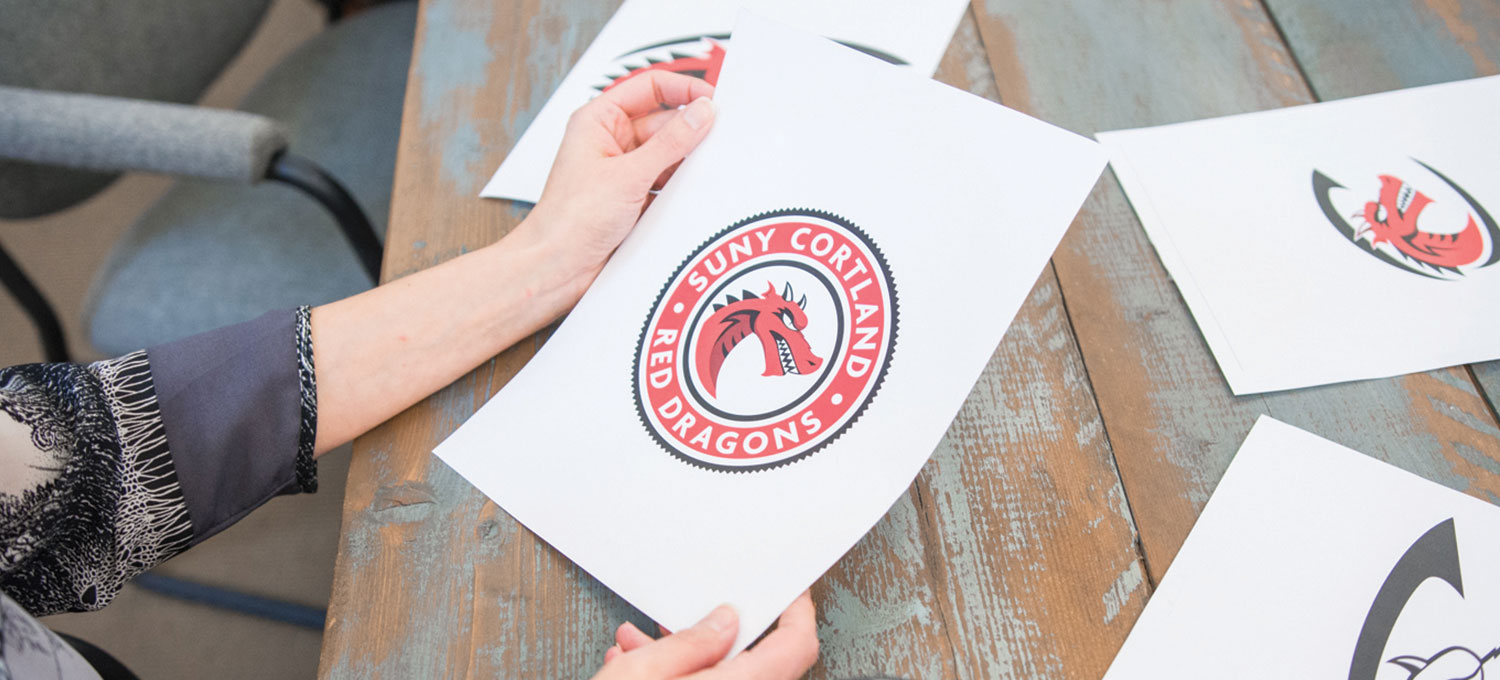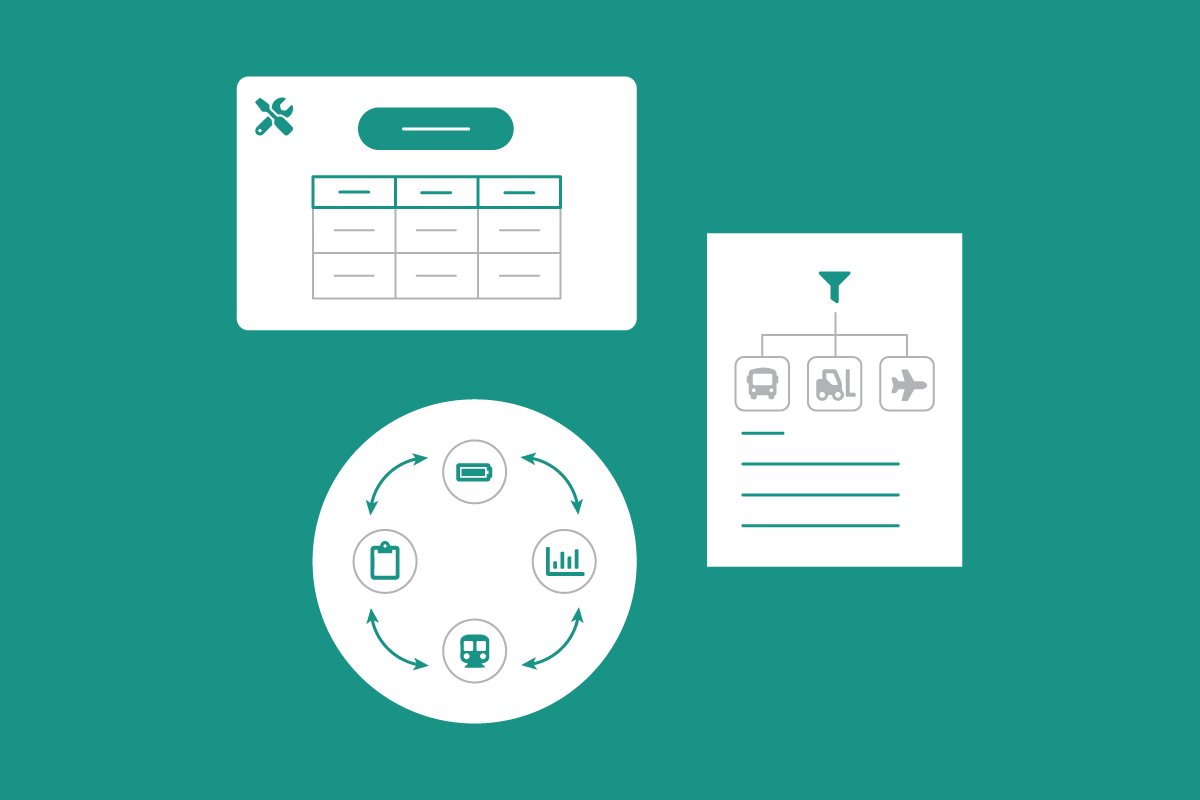
Branding / Manufacturing / Case Studies / B2B / Creative / Digital / Our Team / Strategy / UX/UI
5 must-haves for a successful website for an industrial or manufacturing business
Last week in this series, we covered 5 Must-Haves for a Successful Nonprofit Website.
This week, we’re concluding this series with must-haves for a successful website for an industrial or manufacturing business.
Custom web design is essential to the growth of any business. Templates can help to get a website up and running, but they don’t serve your specific objectives. Our combined experience working with clients in the industries covered in this series has allowed us to pinpoint where design can influence your key performance metrics (KPIs) most, so you can strategize where to invest your time and funds, for the highest return on investment (ROI).
1. Targeted conversion funnels
Many companies have their business defined with distinct focal areas. Your website should be designed to funnel the reader to the area they are interested in. Prospects may funnel in by industry, market, or product/service. Guiding them will boost conversions, because it directs them to specialized content, and simplifies the buying process. Targeted content also gives users control because it speaks their language and allows them to easily find the information they are looking for.
Learn more about the work we’ve done for Amphenol IPC, featured above, here.
2. Growth-driven design
Growth-driven design is about taking an adaptive approach and focusing on feedback from your users, rather than designing everything all at once. Your website should be designed collaboratively with your sales team involved, not only your marketing team. This allows customer input throughout the design process, producing the most well-rounded solution. Your website can then work as a supporting element for your sales team to show prospects.
View the Amphenol IPC website we designed and developed, featured above, here.
3. Specification tables
Detailed technical specifications should be provided in a readily-accessible and readable format. This gives a clear map of the benefits of your product, and allows for comparison, to differentiate your product from competitors. It also builds trust because customers can find the detailed information they are looking for, and it positions you as experts. When specifications are clearly presented and well-designed, they serve as a valuable tool to keep customers coming back. Well-design specifications are easy for you to update, follow verified industry standards, and break down complex data into readable segments.
4. Scalability
Your website should be easily scalable, which means that as your audience increases, your website still performs optimally. Part of this is making sure that it’s built on a scalable content management system (CMS). Another factor is having it structured well for future additions, such as expanded markets, services or resources. If you work with a development agency that specializes in information architecture (IA), your website will have more longevity, and support your growth as a business.
Learn more about the work we did for Motili, featured above, here.
5. Customer service prioritization
Customer service is cited as the most important factor in choosing to work with a manufacturing company by investors, suppliers and engineers. Present your core audience with a clear path, as well as case studies that demonstrate that customer service is priority. The tone of your website should also reflect a deep understanding of your customers and distributors.
This concludes our series on must-haves for a successful website in your industry. If you work for a large company, you may find one of these articles helpful in presenting to stakeholders at your company the case for a premium website, and how to prioritize for the best ROI.
Your inbox needs more Idea Kraft.

